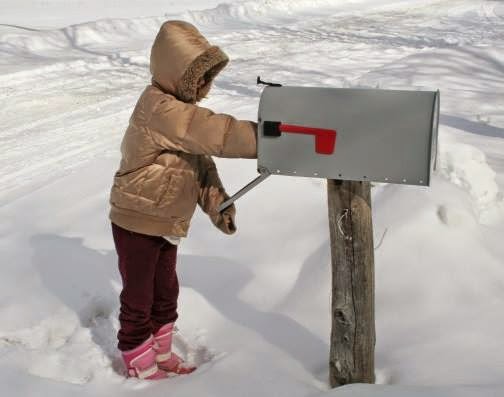All right. Maybe it won’t keep you dry in the rain, but there are other good reasons to smile. It’s said that it requires more muscles to frown than to smile, and who wants to overwork their facial muscles? Smiling also puts others at ease and helps establish instant rapport. And if that isn’t enough, when you smile it releases endorphins in your brain and gives you a feeling of well-being and contentment. So if you smile when you don’t feel like it, you’ll soon be smiling just because it feels so good.
Here are a few more reasons to smile:
- Smiling is a universal language that everyone knows.
- People will enjoy being around you when you smile.
- Smiling reduces stress, which may improve your overall health.
- Smiling will change the sound qualities of your voice when you speak or sing.
- A smile costs nothing but gives much. It enriches those who receive it, without making poorer those who give.
- When you smile at a stranger, you just might change a life.
- It takes only a moment, but the memory of it lingers far after the moment has passed.
- A smile cannot be bought, begged, borrowed, or stolen, for it is something that is of no value to anyone until it is given away.
- And finally, some people are too emotionally drained to give you a smile. Give them one of yours, as no one needs a smile so much as one who has no more to give.
Why not give out a few extra smiles today – and be prepared to get some back.
-- Steve Goodier
Image: flickr.com/Tim Zim















